Exploring Personalisation using DPC from a Designers Perspective
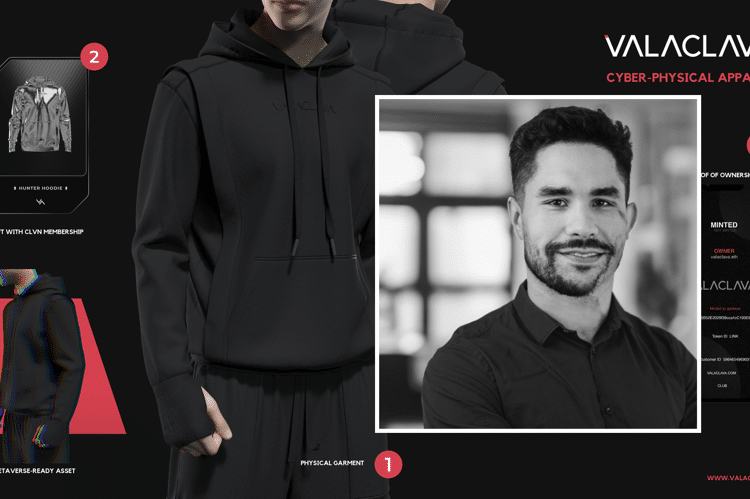
Debbie McKeegan speaks to Lui Larocheski, has built a successful fashion brand in Brazil. They discuss fashion technology and its potential to offer personalised apparel, on-demand and the ongoing challenges.
Lui Larocheski trained as a fashion designer. Having built a successful fashion brand in Brazil and with an insider viewpoint - Lui recognised the urgent need to digitise of the fashion manufacturing system. He now specialises in the implementation of DPC (Digital Product Creation). Lui helps business to think digital first – changing their design culture and in doing so accelerating the application of digital technology across the supply chain. We talked with him about fashion tech and its potential to offer personalised apparel, on-demand. Where do you start and what are the challenges?”
Listen to learn more…
Discover the latest innovations in personalisation at Personalisation Experience 2024 at the RAI Amsterdam, Netherlands from 19th - 22nd March 2024. Visitors will have the opportunity to hear from leading minds and innovators sharing knowledge and experiences, see the latest developments and technology in personalised print solutions and network with those looking to help you grow your business. Register here to visit and use code PEXJ401.
Topics
Interested in joining our community?
Enquire today about joining your local FESPA Association or FESPA Direct
Recent news
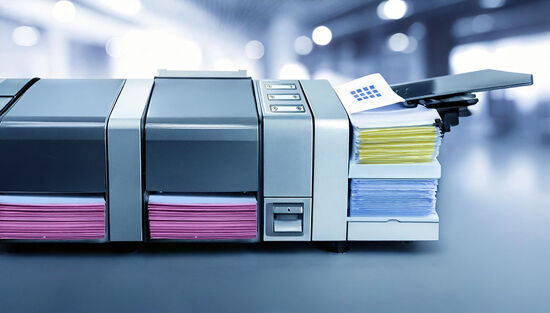
Digital Production Printing: The Unsung Hero of Print
Digital production printing, though less visible than large format printing, is a crucial force in the print industry. Sonja Angerer examines this segment, highlighting its focus on everyday print products, diverse technologies and streamlined production via inline finishing. While offering digital printing's benefits of flexibility and personalisation, it faces challenges like declining demand and web-to-print competition. Sonja Angerer sees future success depending on automation, niche specialisation and innovative customer solutions.
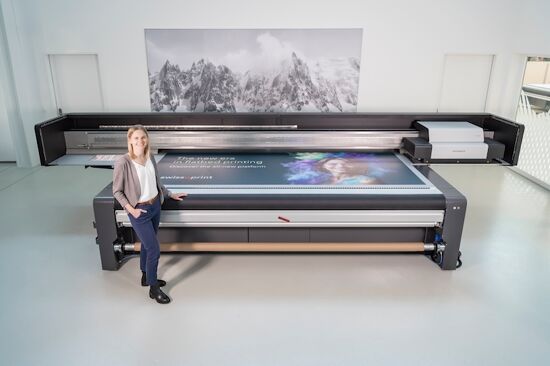
The importance of ink for large format printers
Ink is crucial for large format inkjet printers, influencing substrate compatibility, productivity, and cost. Nessan Cleary discusses the three main types which include UV-curable ink, latex ink and eco-solvent ink. Each ink type has specific strengths and weaknesses, making printers choice dependent on budget and intended applications.
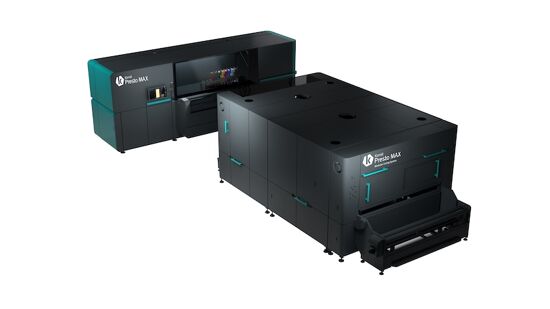
What are the benefits of Direct-To-Fabric printing?
Direct-to-fabric printing is gaining popularity for high-volume textile production, enabling on-demand, customized short runs. These printers offer ink flexibility, accommodating various fabric types like cotton and silk, though ink development focuses on faster turnaround by reducing pre- and post-processing. Compared to traditional methods, direct-to-fabric inkjet printing is a more sustainable option due to reduced water and chemical usage, and localized production.
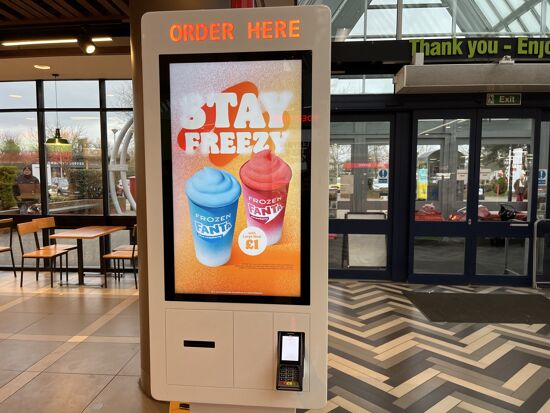
What are the opportunities for large format providers regarding digital touch screens?
Digital touchscreens are becoming increasingly common, offering businesses opportunities to improve customer engagement and streamline operations. Nessan Cleary shares, while more expensive to implement than standard digital displays due to complex software and integration needs, touchscreens provide self-service options, multilingual support, and can reduce staffing costs in various settings like retail, transportation, and healthcare.